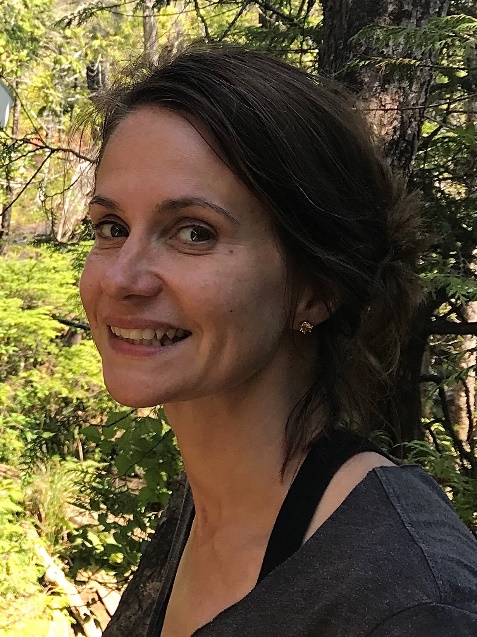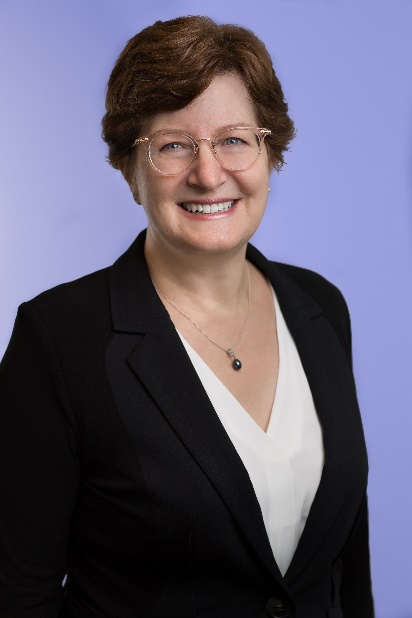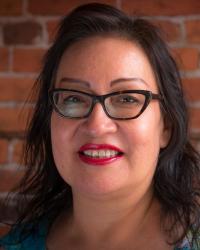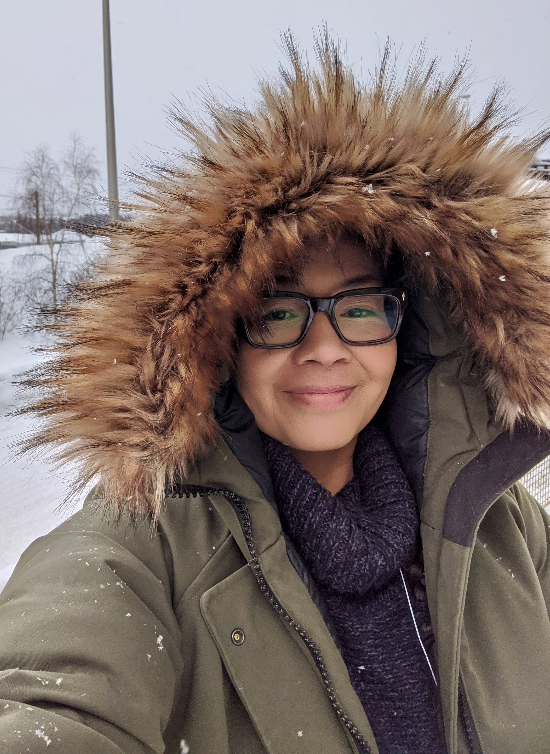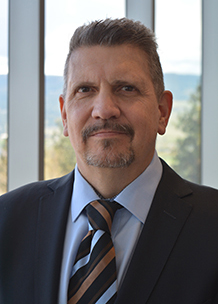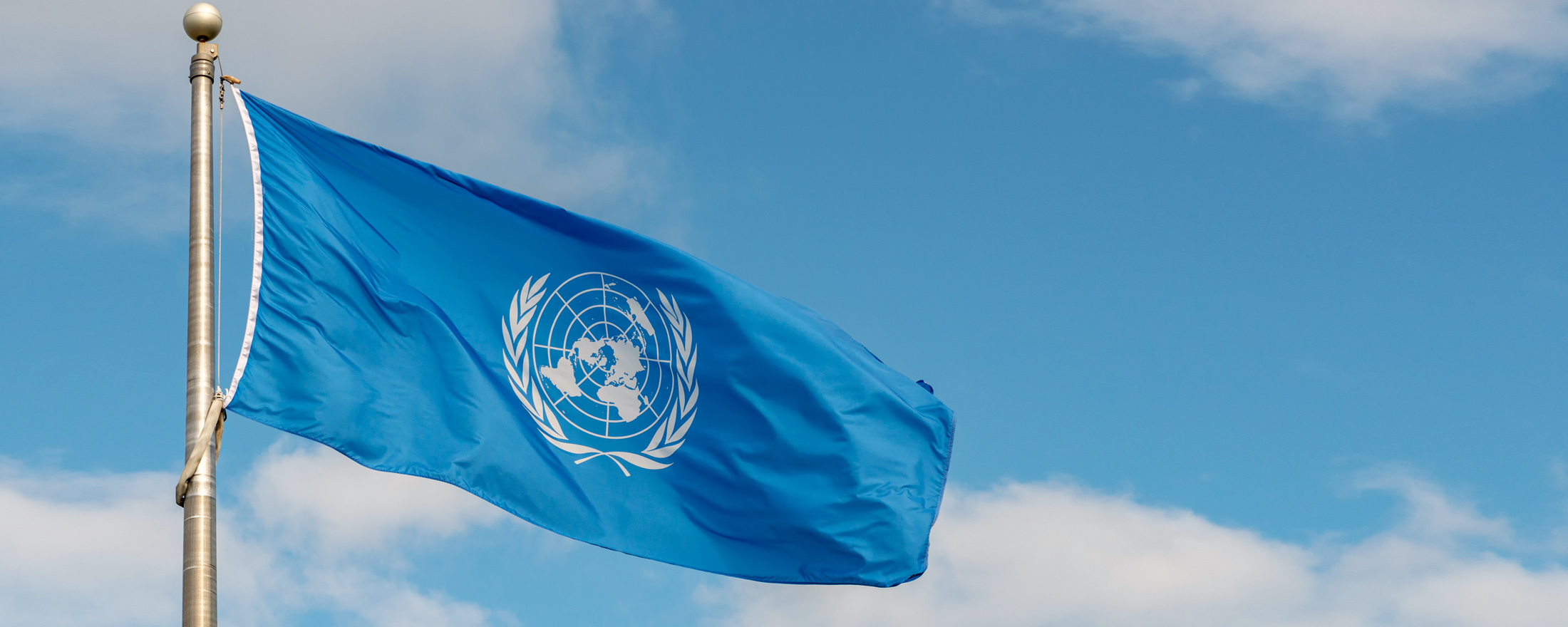Danika Billie Littlechild is Cree from Ermineskin Cree Nation in Maskwacis, Treaty No. 6 territory in Alberta, Canada. Danika is an Assistant Professor at Carleton University in the Department of Law and Legal Studies (Faculty of Public Affairs). Prior to joining the Faculty in January of 2020, Danika practised law in Canada for two decades, advising Indigenous Peoples across Canada and internationally. Within Canada, Danika has served Indigenous representative organizations such as the Assembly of First Nations, as well as regional treaty based organizations and First Nations (Indigenous Peoples). Internationally, Danika served as an advisor and Indigenous Peoples Representative in various UN mechanisms, treaty bodies and special procedures including submitting Indigenous alternative reporting under treaty body mechanisms, participating in the development of the SDGs as a member of the Indigenous Peoples Major Group, and the intergovernmental process leading to the Minimata Convention on Mercury, as a few examples. She was as an advisor to the North American representative on the Permanent Forum on Indigenous Issues for three years (2013-2016) and was general counsel for International Indian Treaty Council (www.treatycouncil.org) from 2011-2018, working internationally with Indigenous Peoples from the Caribbean, the Pacific and the Americas. Danika has focused much of her efforts on issues related to environment, water, climate change, sustainability and more recently conservation and biodiversity. Danika was the first Indigenous woman to be appointed as Vice-President of the Canadian Commission for UNESCO (2014-2018) after almost 15 years of working with CCUNESCO in various voluntary, leadership and advisory capacities. After becoming a mother in 2017, Danika withdrew from international activities. Besides her primary work of teaching and research, she now serves as a member of the Canadian Joint Committee on Climate Action, whose members were appointed by the Prime Minister of Canada and the National Chief of the Assembly of First Nations.

